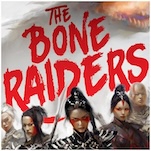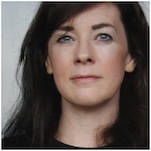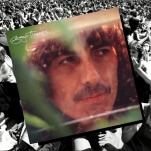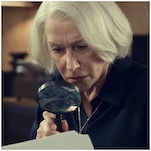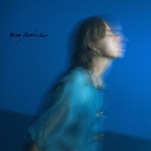The Accusation Is the First Internationally-Released Fiction Book by an Author Still Living in North Korea. You Should Read It.
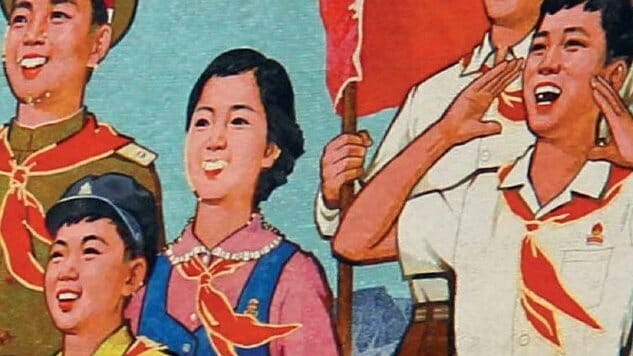
There are few places left in the world that are mysteries. The Internet has made it possible for closed countries to become more accessible; even countries with Internet restrictions often see censorship undercut by the cottage industry of VPNs and proxy servers. North Korea, of course, is the exception.
The publication of Bandi’s The Accusation is a clear example of North Korean isolation. The book is the first work of fiction to ever make it out of the country—although works by writers in the diaspora have been published, never before has the work of an author still living in North Korea been published outside of the country.
The average American knows so little about North Korea, which continues to make headlines for its nuclear missile testing, that Bandi’s short story collection is revelatory. Written between 1989 and 1995, The Accusation’s seven tales examine the authoritarian regime’s impact on daily life during Kim Il-sung’s reign and the time immediately following his death. The stories also take place against the unspoken backdrop of the so-called “Arduous March,” the state’s name for a famine that killed an estimated one million people in the 1990s.
 Author Boris Pasternak characterized the Soviet Union as “want[ing] you to hate the things you love and to love the things you despise.” A similar theme runs through Bandi’s work; his characters repeatedly experience moments when their reactions to loss, pain, the government or circumstances are deemed inappropriate, forcing them to act against their instincts. A family is punished when their infant son mistakes a portrait of Karl Marx for a folk monster and they fail to correct his behavior. A man desperate to see his dying mother is repeatedly denied travel privileges, leading him to forego the usual procedures at his own risk. Citizens, who are expected to sacrifice the self to the whole, are beaten down by the state’s constant pressure. A far cry from the brainwashed zombies popular culture imagines, Bandi’s North Korean characters paint a realistic portrait of what it means to live under a tyrannical government.
Author Boris Pasternak characterized the Soviet Union as “want[ing] you to hate the things you love and to love the things you despise.” A similar theme runs through Bandi’s work; his characters repeatedly experience moments when their reactions to loss, pain, the government or circumstances are deemed inappropriate, forcing them to act against their instincts. A family is punished when their infant son mistakes a portrait of Karl Marx for a folk monster and they fail to correct his behavior. A man desperate to see his dying mother is repeatedly denied travel privileges, leading him to forego the usual procedures at his own risk. Citizens, who are expected to sacrifice the self to the whole, are beaten down by the state’s constant pressure. A far cry from the brainwashed zombies popular culture imagines, Bandi’s North Korean characters paint a realistic portrait of what it means to live under a tyrannical government.
According to literary legend, when Pasternak handed over his manuscript of Doctor Zhivago to be smuggled out of the USSR in 1957, he said, “May it make its way around the world.” It’s an image of bravery, made all the more striking considering the harassment he and his loved ones suffered following the book’s publication, as well as his death three years later. It’s also a saga we’ve witnessed many times: one person standing up to authoritarianism with literature, putting himself on the line to expose the truth.
-

-

-

-

-

-

-

-

-

-

-

-

-

-

-

-

-

-

-

-

-

-

-

-

-

-

-

-

-

-

-

-

-

-

-

-

-

-

-

-




